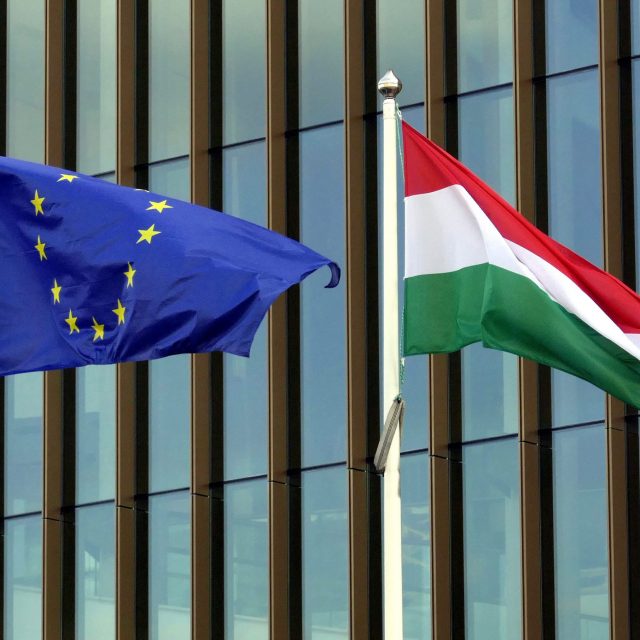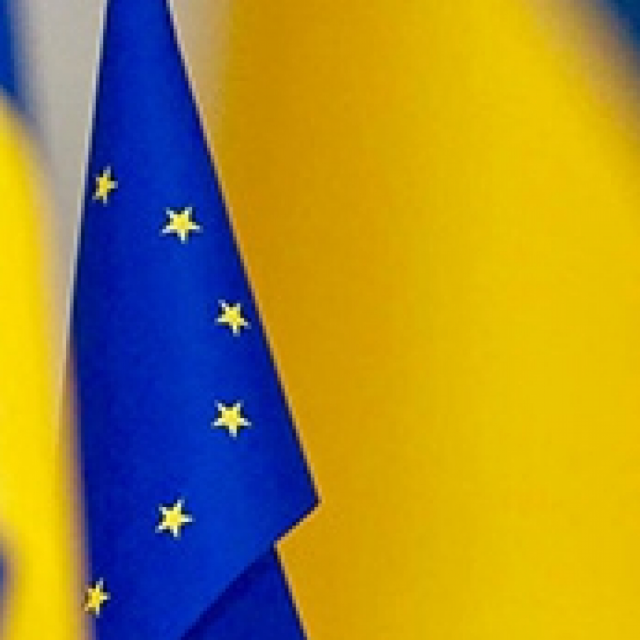Photo by Eugene Zhyvchik on Unsplash
Hungary has taken over the Presidency of the Council of the European Union at one of the most difficult periods for the EU and rest of the world in recent times.
It took charge of steering the EU for the next six months on July 1. Belgium had been in holder of the presidency since January.
But the fact that it is Hungary, which has often found itself at loggerheads with the EU in recent years, has sparked controversy.
The Left in the European Parliament has expressed what it calls profound concern and outright condemnation of the potential implications of the Hungarian presidency on the EU and its foundational values.
The attack comes on Tuesday when Hungary’s Viktor Orbán is expected to travel to Kyiv, according to sources with knowledge of the plans, in a surprise visit for one of Europe’s most pro-Russian leaders.
Hungary, as holder of the rotating presidency, will be responsible for steering the EU and international community through a turbulent period, including this week’s elections in the UK, the 2nd round of voting in France on Sunday and the upcoming elections in the U.S.
In a play on the notorious Donald Trump phrase, Hungary’s slogan for the Council Presidency, “Make Europe Great Again”.
But Manon Aubry, co leader of The Left Group, is pessimistic about the prospects, saying, “The presidency by Hungary of the Council of the European Union is in itself an insult to the values the European Union supposedly promotes, and the values of solidarity, humanism and democracy that The Left stands for.”
Aubry added, “During the six upcoming months inside this Parliament, we will hold true at the forefront of the fight against the far right”.
The Left Group, she said, “unequivocally condemns” the track record of the Hungarian government under Orbán, “which has systematically eroded democratic norms, silenced independent media, undermined judicial independence while violating fundamental rights of women, people-on-the-move and members of the LGBTQIA+ community.”
She added, “These actions starkly contrast with the EU’s core values of democracy, human rights, and the rule of law.”
Martin Schirdewan, also of The Left Group, agrees, stating that, “Viktor Orbán has been in charge in Hungary for 14 years and has since transformed the country into an autocracy.”
“There have been anti-democratic constitutional changes, media law has been restricted, the justice system has been changed and minorities and refugees are considered second-class citizens. The Left and the EU Parliament have rightly urged the Commission to stop payments to Hungary because Orbán has violated the rule of law”.
“Hungary will try to mess about the EU institutions. It would have been nice if the EU governments had recognized this beforehand and passed the Council Presidency on to Poland straight away.”
Further concern is voiced by Zselyke Csaky, a senior research fellow at the Centre for European Reform, a leading Brussels based think tank.
Csaky said, “The Hungarian presidency will have limited impact on EU policies – but the hit to the Union’s reputation could be significant.”
“The Council of the EU’s rotating presidency is often described as responsibility without power. Whichever member-state is at the helm drives the EU’s legislative agenda and represents the Council in negotiations with the EU’s other law-making institutions.
“The presidency lacks hard powers, however, and given the complicated and consensual nature of EU decision-making, its priorities often get watered down or subsumed by crises and unexpected developments.”
“The incoming Hungarian presidency is worrying.”
Csaky added, “Prime Minister Viktor Orbán’s years-long, consistent policy of undermining EU unity on Ukraine and other issues prompted many to question whether Hungary should should take on the role.”
“The Hungarians will hold the presidency immediately after the EU elections and when key positions in the Commission are still being negotiated. This, and the technical nature of the presidency’s responsibilities, including planning and chairing meetings, will limit major policy-level damage. The main risks will be to day-to-day functioning and the EU’s reputation.”




